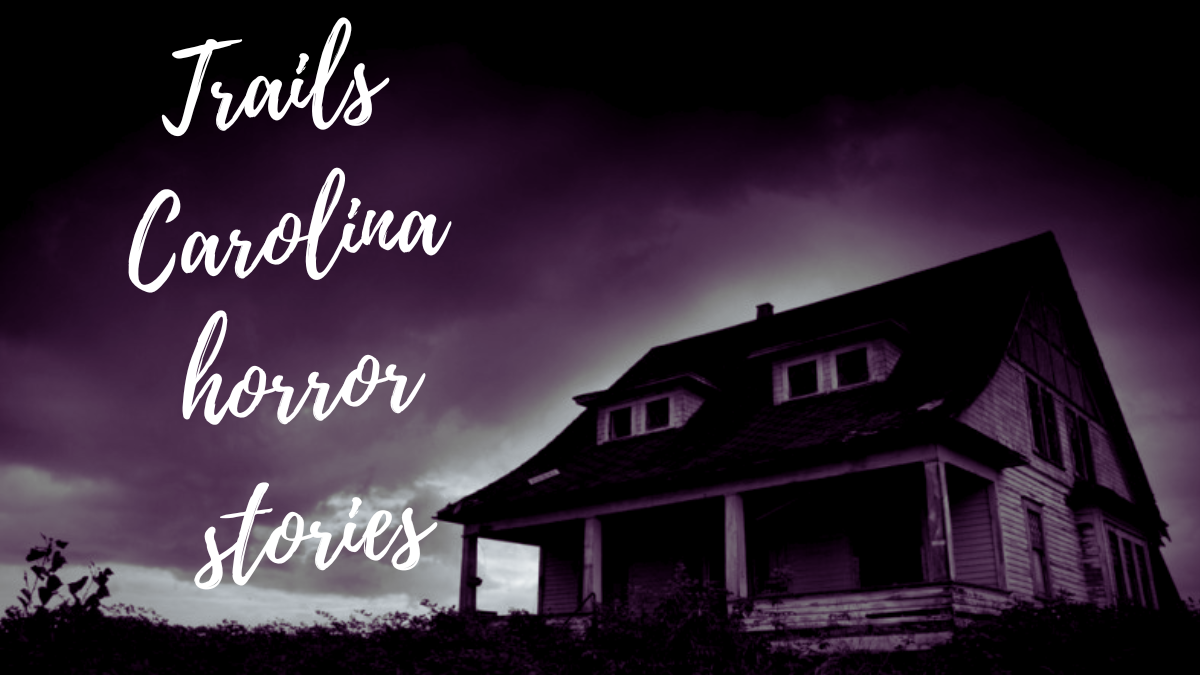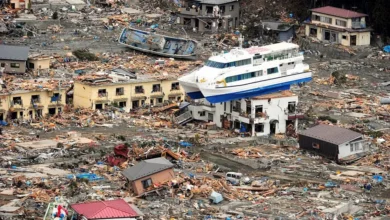Introduction to Trails Carolina and its Background
Nestled deep within the rugged terrain of Trails Carolina Horror Stories, a wilderness therapy program known for its promise of healing and transformation; however, behind the picturesque landscapes and serene facade lurk unsettling tales of darkness that have haunted former students long after they’ve left these trails. Today, we delve into the shadows to uncover the chilling horror stories that paint a different picture of this seemingly idyllic program. Strap in as we journey through the harrowing experiences shared by those who once walked the paths of Trails Carolina.
Personal stories from former students
Trails Carolina has been a transformative experience for many students, but not all stories have happy endings. Former students have come forward with chilling tales of abuse and mistreatment during their time in the program.
One student recalls being isolated and deprived of necessities as punishment for minor infractions. Another describes feeling coerced into participating in dangerous activities that put their physical safety at risk.
These personal stories shed light on the dark side of Trails Carolina, revealing a disturbing pattern of manipulation and neglect by staff members. The impact of these experiences on the mental health of former students cannot be overstated.
Listening to these voices and holding programs like Trails Carolina accountable for their actions is crucial. By sharing these stories, we can raise awareness and work towards preventing similar situations from happening in other therapeutic programs.
The impact of these experiences on mental health
The impact of these experiences on mental health for former students of Trails Carolina is profound and long-lasting. Many individuals have reported struggling with anxiety, depression, and post-traumatic stress disorder as a result of their time in the program. The intense physical demands, isolation from loved ones, and strict rules imposed at Trails Carolina can take a toll on one’s mental well-being.
For some students, the trauma experienced during their time in the program has led to ongoing struggles with trust issues and difficulty forming healthy relationships. Others have described feeling a deep sense of shame and inadequacy after being subjected to harsh disciplinary measures. These emotional wounds can linger for years after leaving Trails Carolina.
It is crucial to acknowledge the serious impact that these negative experiences can have on mental health outcomes. Seeking therapy and support from trained professionals is essential for those affected by their time at Trails Carolina. Healing from trauma takes time and effort, but it is possible with the right resources and support system in place.
The response from Trails Carolina and their defense
Trails Carolina has faced criticism from former students who have shared their horror stories of mistreatment and neglect during their time in the program. In response, Trails Carolina has defended its practices, stating that they prioritize the safety and well-being of all participants. However, many former students feel these defenses must be revised to addresse real issues.
Some students claim that staff members dismissed or downplayed their concerns, leaving them feeling unheard and unsupported. Others question the effectiveness of the therapeutic methods used at Trails Carolina, citing instances where they felt more harm than good was done to their mental health.
Despite these criticisms, Trails Carolina continues to operate and enroll new participants. It remains crucial for accountability measures to be put in place to prevent similar situations from occurring in other programs catering to vulnerable youth populations.
How to prevent similar situations from happening in other programs
To prevent similar situations from occurring in other programs, it is crucial to prioritize transparency and accountability. Programs must establish clear guidelines and protocols for staff conduct, ensuring that the well-being of participants is always the top priority. Regular training sessions on appropriate behavior and ethical practices are essential to maintaining a safe environment for all individuals involved.
Additionally, implementing thorough screening processes during staff hiring can help identify any potential red flags early on. Background checks, references, and interviews should be conducted meticulously to ensure that only qualified and trustworthy individuals are part of the program.
Creating channels for open communication between participants, staff, and parents/guardians is key to promptly addressing any concerns or issues. Encouraging feedback and actively listening to all parties involved can help prevent problems from escalating.
Continuous monitoring and evaluation of the program’s policies and procedures are essential in adapting to changing circumstances and ensuring a supportive and secure environment for everyone involved.
Conclusion and call to action for accountability and change in the industry.
As former students continue to come forward with their harrowing experiences at Trails Carolina, it is evident that accountability and change are urgently needed in the wilderness therapy industry. The stories shared by these individuals shed light on the dark side of programs like Trails Carolina and highlight the potential dangers of such programs on vulnerable youth.
Organizations like Trails Carolina must take responsibility for any harm caused to students under their care and make meaningful changes to ensure the safety and well-being of participants. This includes implementing stricter regulations, improving staff training, increasing transparency, and providing better oversight of program practices.
Furthermore, parents considering enrolling their children in wilderness therapy programs should thoroughly research the organization, seek testimonials from former participants, visit facilities in person if possible, and ask tough questions about safety protocols and staff qualifications.
By holding programs like Trails Carolina Horror Stories accountable for their actions and advocating for necessary reforms within the industry, we can help prevent similar horror stories from happening to other vulnerable individuals seeking help. It’s time for a collective effort to prioritize the mental health and safety of our youth above all else. Let us work together towards creating a safer environment for those needing support and healing.




